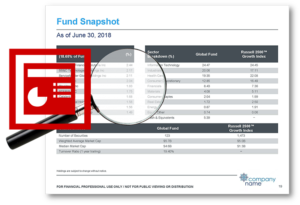The Scaling Problem in Investment Management Marketing
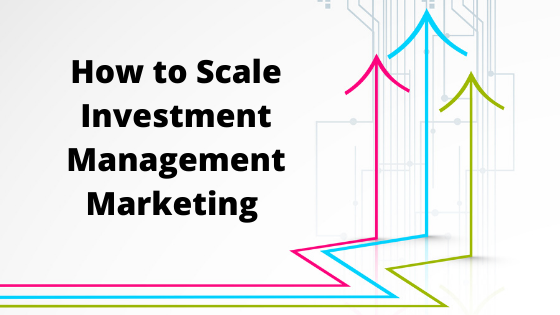
I had conversations this week with two new prospective investment management clients. Each expressed a “scaling problem” with marketing efforts as being their chief reason for looking into document and data automation.
I very much like that phrase. It’s straight out of my pitchbook on how a solution like Synthesis solves problems with scaling investment management marketing. I usually define a scaling problem as:
The point in time in which either the number of documents, users, staff required, or variety of documents to meet the communication needs has passed some tipping point.
My takeaway from these two conversations is quite interesting. Although each firm was experiencing valid issues, the firm profiles and the scope of their work was vastly different. The key to efficient and profitable growth is scalability.Read More
What is the Highest and Best Use of Your Marketing Staff Right Now?
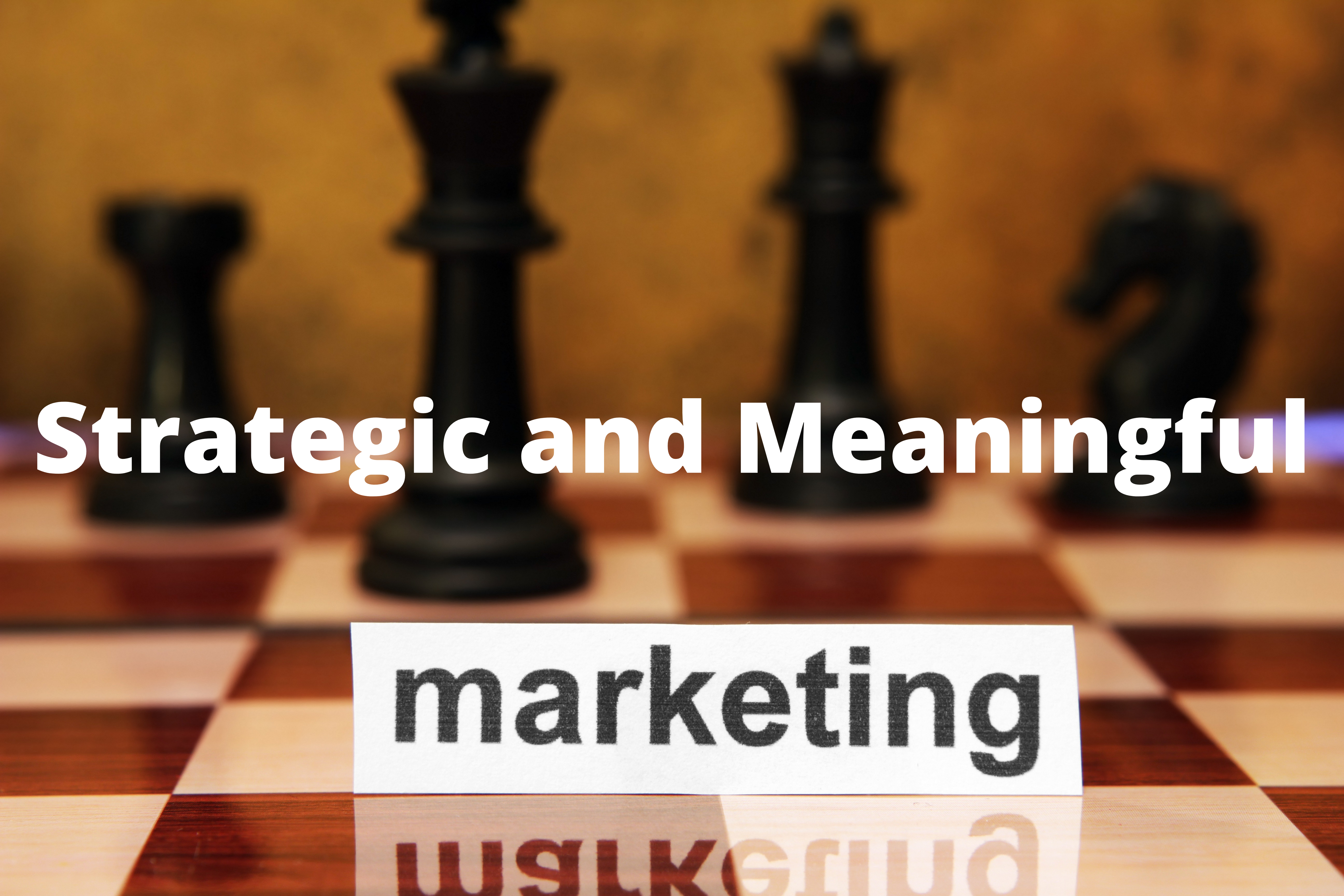
The global pandemic and the move to working from home caused asset managers to think differently about how to retain assets and drive new business. Sales travel saw major cuts and client meetings went virtual. In response, marketers have had to pivot their plans and re-evaluate everything from messaging and go-to-market strategy to their martech stack.
How to Rock Your Content Automation Implementation

In a blog post by our CEO, he draws a comparison between setting up a rock concert and doing an investment management content automation implementation. In the post, he points out that the critical behind-the-scenes logistics of these operations are not fully appreciated. But they’re vital to the outcome.
For example, think back to a time you arrived early to a concert. You may have noticed the roadies methodically working to get all the equipment set up and working perfectly. Because of this, the band can just get up on stage, grab their instruments, and put on a great show. The roadies and logistics teams don’t get the attention from all the screaming, raging fans, but they certainly deserve some recognition for the role they play.
What is your ROI on producing marketing content?

It’s easy to underestimate what it costs to run your marketing operations. For asset managers, producing content is not an easy task. The materials are data-heavy, constantly changing, and usually go through several rounds of review. Creating a streamlined process is critical to realizing a return on investment. But how do you measure it?
There are three steps to building a solid ROI calculation, and the first step is to understand your true organizational production costs. Very few people know how to really measure this. Most of the time, managers simply look at their departmental head-count (FTE) cost and estimate what percentage of their time goes into updating and distributing content and literature. This broad-brush approach would seem to capture the costs well but often results in a gross underestimation of the true costs. A full accounting should cover direct labor costs, managerial labor costs, opportunity costs, and error and risk-related costs.
We’ve had two clients undertake a full and detailed Six Sigma cost analysis of their baseline costs and risks associated with manual or semi-automated literature production. The results were staggering.
Read More




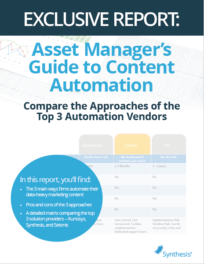 Compare the Top 3 Finserv Content Automation Vendors [White paper]
Compare the Top 3 Finserv Content Automation Vendors [White paper]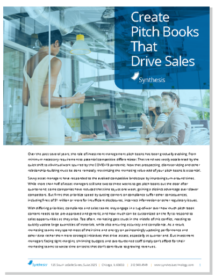 Create Pitchbooks the Drive Sales [White paper]
Create Pitchbooks the Drive Sales [White paper] Build vs. Buy: Should Your Financial Services Firm Outsource or Insource Marketing Technology? [White paper]
Build vs. Buy: Should Your Financial Services Firm Outsource or Insource Marketing Technology? [White paper] 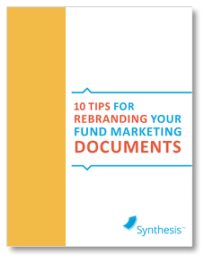 10 Tips for Rebranding your Fund Marketing Documents [White paper]
10 Tips for Rebranding your Fund Marketing Documents [White paper]